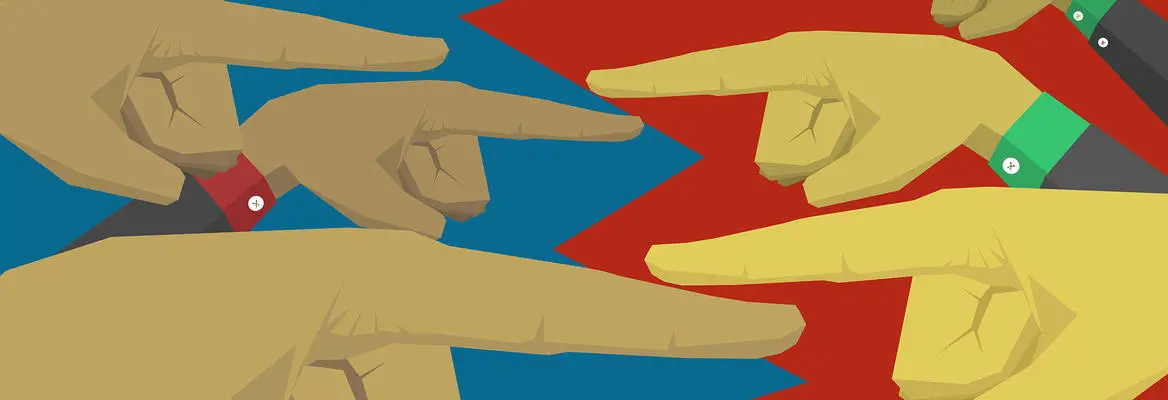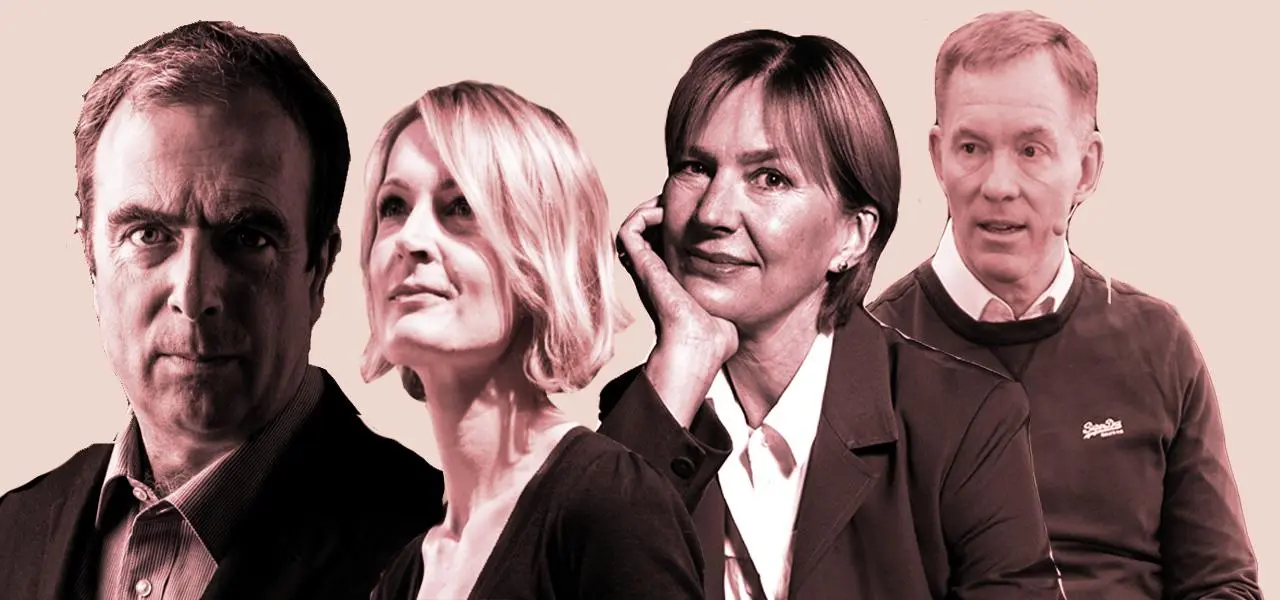Arguments about blame and responsibility have already begun. Without a collaboration, times of crisis like the Covid-19 crisis are enveloped in credit grabbing and finger pointing. Both political parties and public service organisations face tricky choices over whether to collaborate or compete over who gets credit and blame.
The dreaded virus faces all political parties in the UK with perplexing choices over what is always a central issue in political life – how to claim credit and handle blame.
During World War II the three major UK parties came together into a grand coalition, suspended general elections and did not compete against one another in by-elections. The grand coalition meant the parties shared the blame for all the privations imposed by government on the lives of millions of citizens - and they also shared the credit for eventual victory, of course. But in the coronavirus case the unprecedented economic losses and restrictions on personal liberty currently being imposed on the citizenry (arguably greater than those imposed in World War II) are being implemented by a single-party government. Even though that government is studiously reaching out to other players, the absence of a formal grand coalition runs the risk of a blame dynamic like that which developed over the conduct of World War I by Herbert Asquith’s Liberal Government. (After initial support amid an atmosphere of patriotic enthusiasm for the war, that government came to be heavily criticised for its mishandling of the military campaign, such that Asquith had to form a coalition government with the Conservatives and Labour in 1915, which was in turn toppled the following year and replaced with another coalition led by David Lloyd George).
That ‘over-by-Christmas’ expectation is probably the reason why no major democracy has yet adopted a formal grand coalition as a response to the coronavirus crisis.
A century or so later, the political strategy of the Boris Johnson government for managing the blame risk of coronavirus might seem comparable to that of Asquith’s government in 1914 in at least some ways. One is the hope and expectation that the episode will be over in a matter of months (just as many in 1914 expected the war to be short, with the UK mainly engaged in naval warfare rather than the land war). Given such a timescale, it might be expected that blame exposure would be limited and short-term and that deep unpopularity over the level of casualties and restrictions could be countered by well-chosen inclusive rhetoric invoking patriotism and solidarity. That ‘over-by-Christmas’ expectation is probably the reason why no major democracy has yet adopted a formal grand coalition as a response to the coronavirus crisis.
A second strategic feature shared with the Asquith government’s choices in 1914 is to fund the ‘war effort’ largely from borrowing, creating a debt mountain and associated fiscal blame issues to be faced by voters and governments in future decades. And a third, loosely reminiscent of the prominence given to generals like Herbert Kitchener at the outset of World War I, is conspicuously to share responsibility with technical experts, studiously ‘following the science.’ As many have observed, we have moved far and fast from ‘had enough of experts’ to ‘can’t have enough of experts.’
















Join the conversation